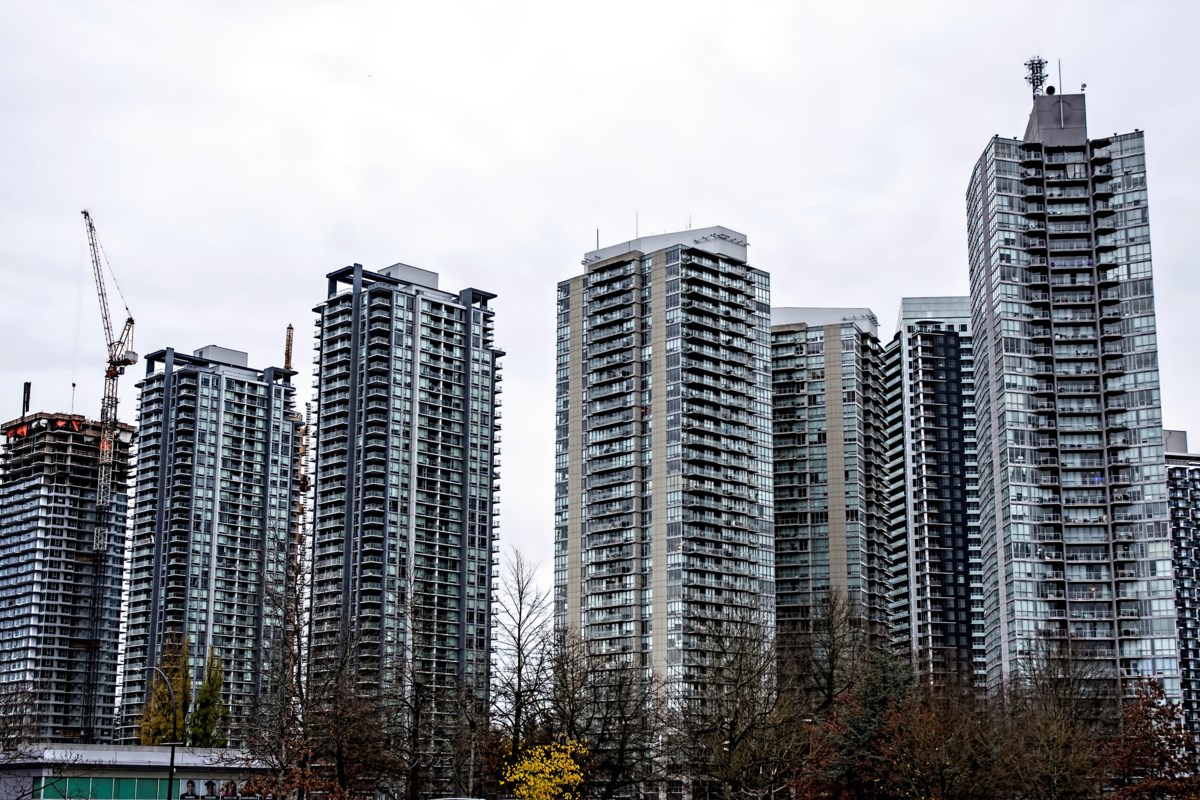The British Columbia government is stepping in to rescue the homebuilding industry in Metro Vancouver, but at what cost to the public? On June 12, the province announced a drastic reduction in development charges for residential projects initiated before March 2024, effectively allowing developers to dodge fee increases that had more than tripled in 2023. This intervention raises serious questions about who truly benefits from these financial maneuvers.
Development Charges Cut to Save Developer Profits
Under the new plan, developers can continue to pay using the old fee structure, which significantly diminishes the financial burden they faced due to the new fee increases. Specifically, charges for purpose-built rental apartments soared from $6,249 per unit to $20,906, representing a staggering 255% hike over three years. According to the B.C. government, this cut in fees is intended to stimulate housing supply amid a declining construction market. However, this strategy raises profound concerns about the prioritization of developer profits over public needs.
Federal Dollars Bailing Out the Wealthy
Metro Vancouver"s funding shortfall from these reduced development charges will be backstopped by a $250 million federal grant. While proponents like Townline"s CEO Rick Ilich hail this as a "bold move" that will save jobs, it remains unclear how many of those jobs are accessible to the working-class families struggling to afford housing in the region. This bailout underscores a troubling trend where taxpayer dollars are used to cushion the financial risks of wealthy developers while the average citizen suffers.
\n\n
Metro Vancouver housing prices to increase as sales to drop in 2024, Re ...
Implications for Housing Affordability
The federal and provincial governments assert that these changes are necessary to facilitate housing supply. However, as reported by B.C. Housing Minister Ravi Kahlon, this is not merely a handout to developers but a lifeline for projects that may otherwise remain stalled. The reality, however, is that this approach risks perpetuating a cycle where housing remains unaffordable for those who need it most. The increase in development fees was initially justified as a means to fund crucial infrastructure upgrades that support community growth, and now those initiatives are being sacrificed for short-term profits.
Job Protection or Job Creation?
While the government claims that this fee reduction will protect thousands of jobs, many in the construction industry have already faced layoffs due to the uncertainty surrounding the housing market. According to reports from the Expert Panel on the Future of Housing Supply and Affordability, the housing crisis is not solely about the number of units built but also about the quality and affordability of those homes. Prioritizing financial relief for developers may not translate into meaningful job creation or improved living conditions for the working class.
\n\n
Las 8 mejores atracciones para visitar en tu primer viaje a Vancouver ...
Local Governments Stuck in a Bind
Municipalities are left to navigate the fallout of reduced development charges, with Metro Vancouver"s deputy CAO, Heather McNell, indicating that without viable projects moving forward, the region stands to lose even more revenue. Municipalities rely on development cost charges to fund essential services and infrastructure, and cutting these fees could further strain local budgets. As reported by B.C. Gov News, the new fee structure was approved by Metro’s board of directors, comprised of local mayors and councillors, who face pressure to balance the needs of developers against the pressing demand for affordable housing.
The implications of this policy shift are far-reaching. It raises urgent questions about the direction of housing policy in British Columbia. Will we continue to see government resources funneled into protecting the profits of wealthy developers while ordinary families remain priced out of the market? The conversation needs to shift from mere job protection to a more holistic approach that prioritizes the needs of the community over the interests of the elite.







![[Video] Gunfire between Iraqi security forces and Sadr militias in Baghdad](/_next/image?url=%2Fapi%2Fimage%2Fthumbnails%2Fthumbnail-1768343508874-4redb-thumbnail.jpg&w=3840&q=75)
